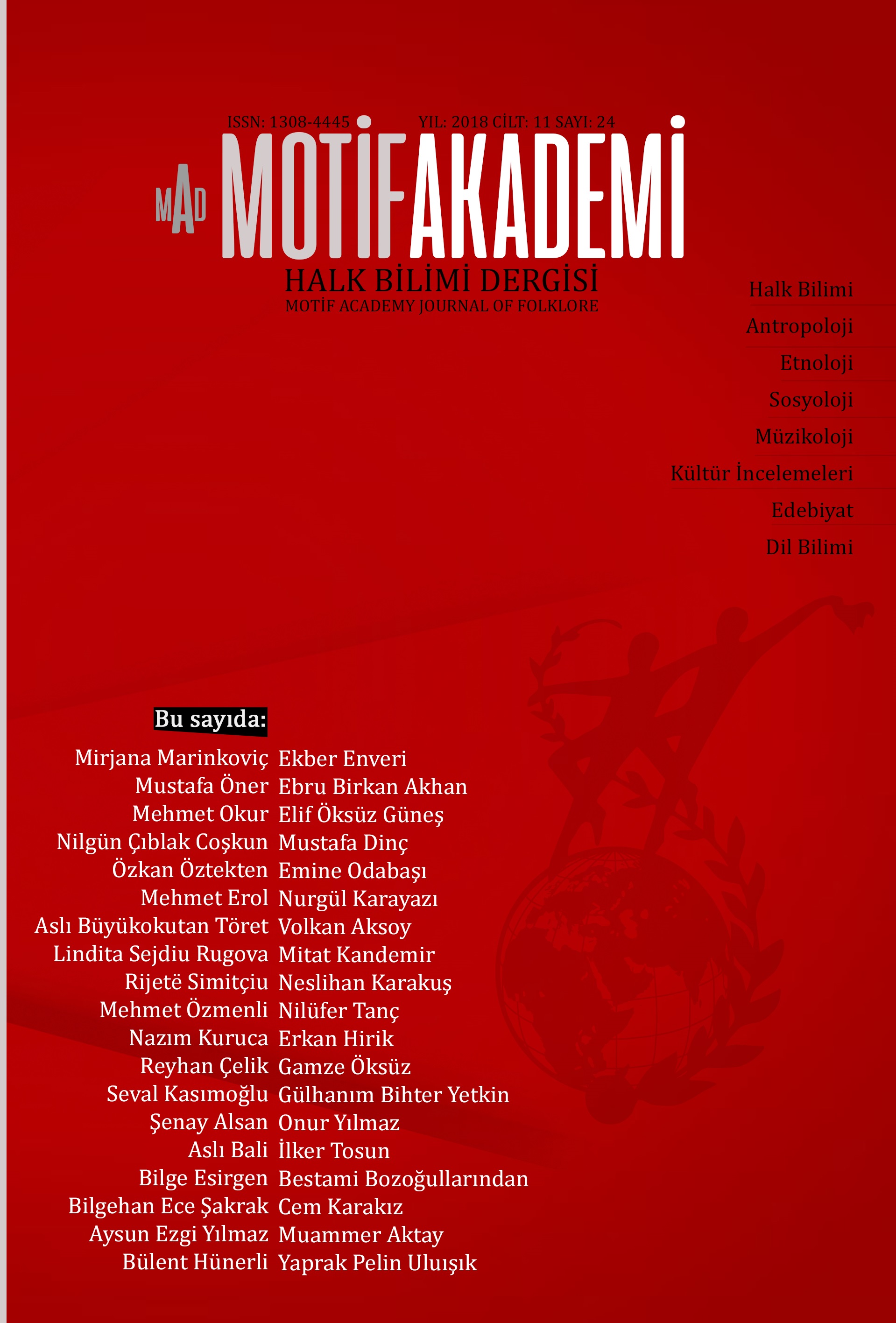SPİNOZA’NIN CONATUS, ARZU, SEVİNÇ, KEDER VE ÖZGÜR İRADE KAVRAMLARI İLE İNSAN DOĞASI ÜZERİNE BİR İNCELEME
AN ANALYSIS OF THE MEANINGS OF SPINOZA‘S CONATUS, DESIRE, JOY, GRIEF AND FREE WILL IN THE LIGHT OF NATURE
Author(s): Muammer AktaySubject(s): Early Modern Philosophy, 17th Century
Published by: Motif Halk Oyunları Eğitim ve Öğretim Vakfı
Keywords: Conatus; joy; grief; free will; human nature;
Summary/Abstract: As a basic principle, Spinoza distinguished clearly between theology and philosophy, accentuating the prevalence of inherent rules within each discipline. However, seen from a linguistic perspective, he considered the philosophical language to be more adequate to give a more accurate definition of specific terms, such as proof, axiom, or definition per se. Having set the philosophical language as a basic guideline, the significance of the method is far more crucial. The most obvious example of this approach is delivered by former philosophers, theologians who announced "the kingdom of man in the kingdom of nature". Therefore Spinoza postulates axiomatic concepts for a better understanding of human nature to be the starting point. Thus, first of all, the origin and the nature of human emotions have to be analyzed in accordance with the laws of determinism. By putting an emphasis on emotions and their significant influence on humans to grasp the nature of man, it can be said that Spinoza had also an effect on the Cartesian philosophy. For Spinoza, Conatus is the concept which forms the actual essence of man's nature according to which Conatus produces the spark creating the entire universe or rather the power of existence as an activity. It prepares the basis for the life of man to start off immediately and not at any indefinite time. What is more, this power of existence burning in a human being is important for the transition from the aspect of expression to expression itself.
Journal: Motif Akademi Halkbilimi Dergisi
- Issue Year: 11/2018
- Issue No: 24
- Page Range: 448-466
- Page Count: 18
- Language: Turkish

